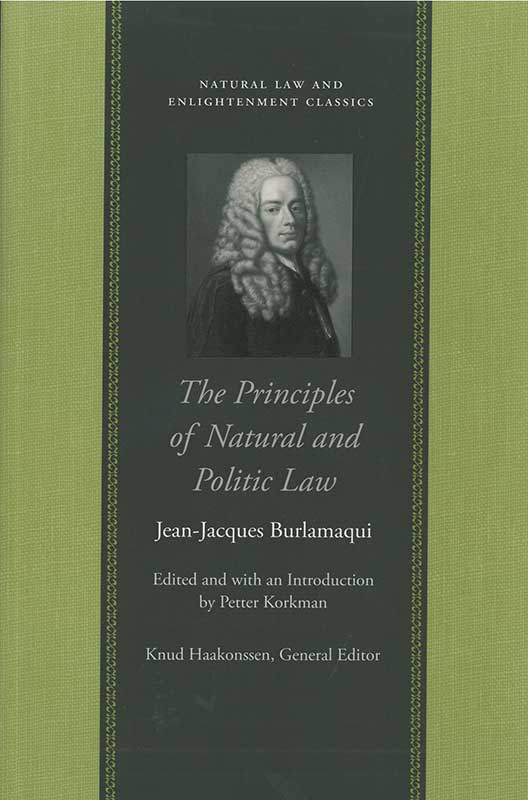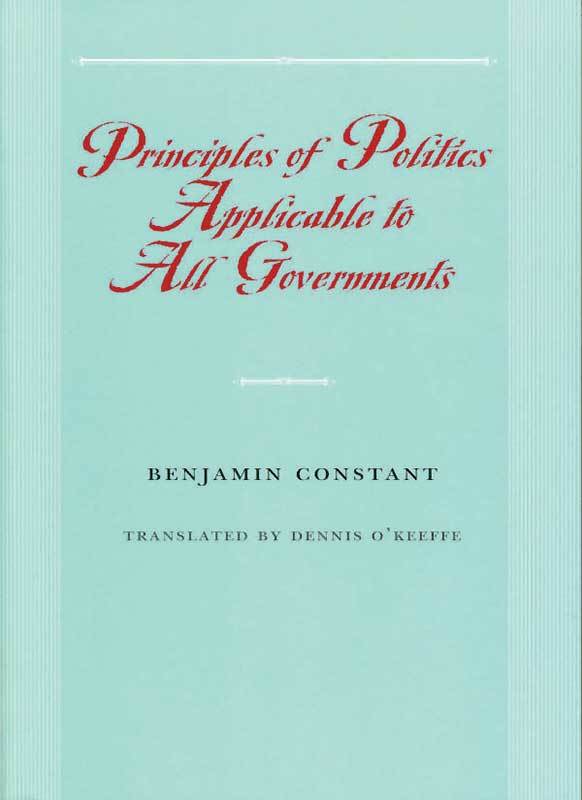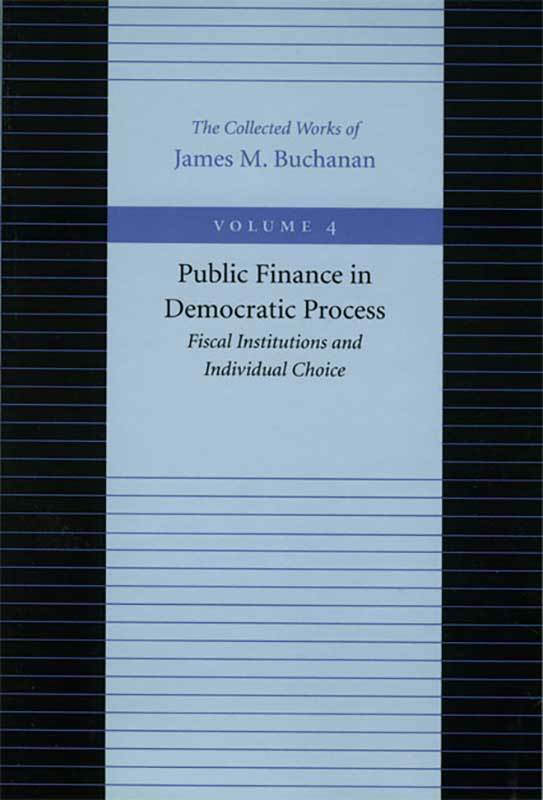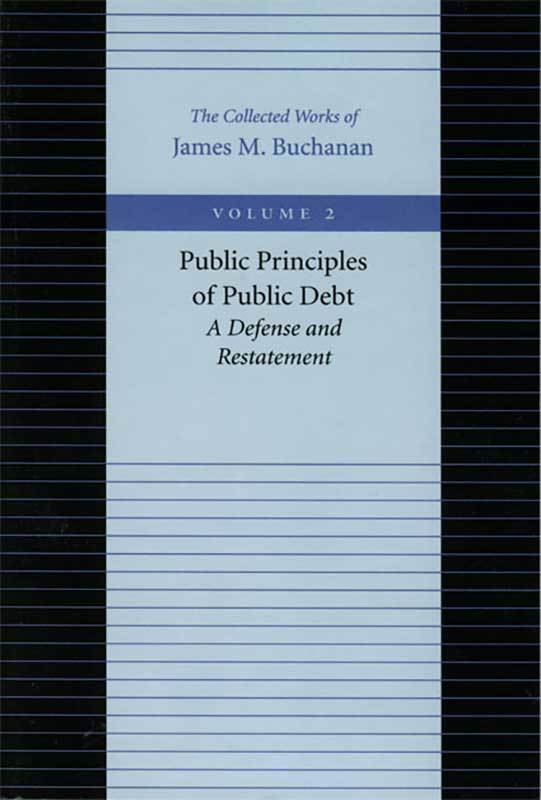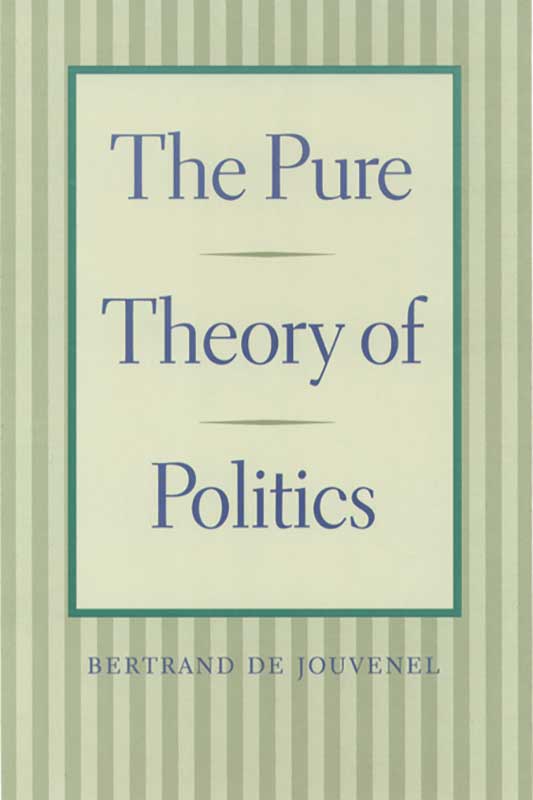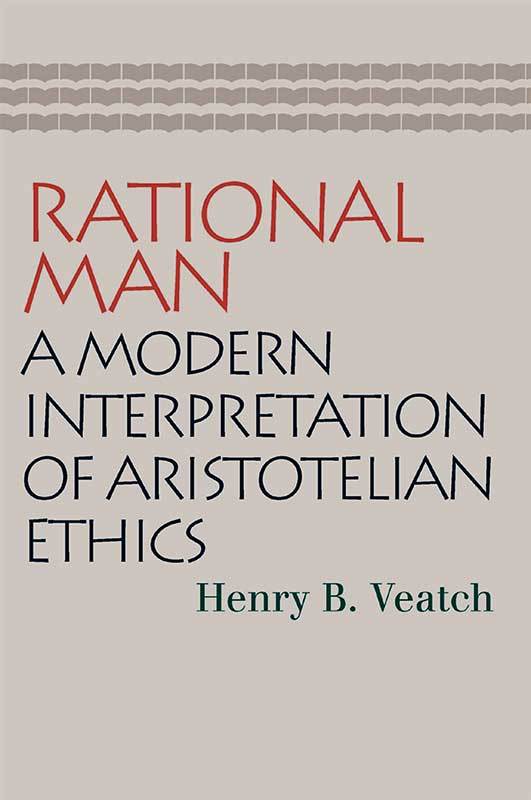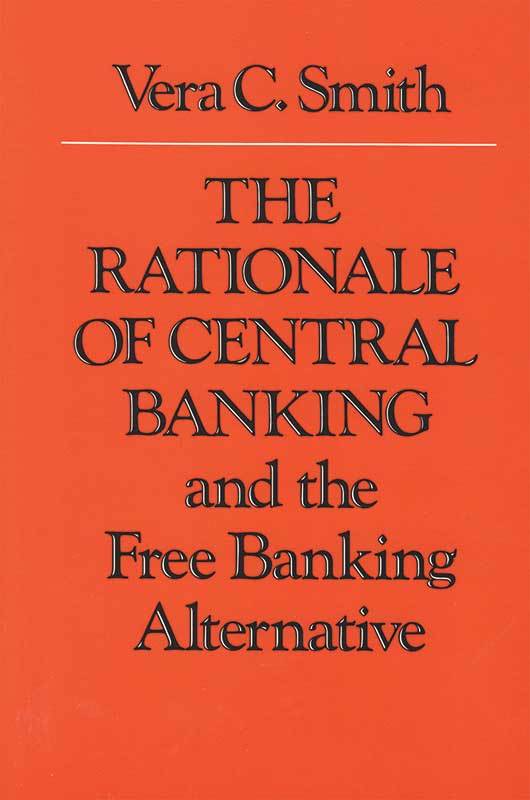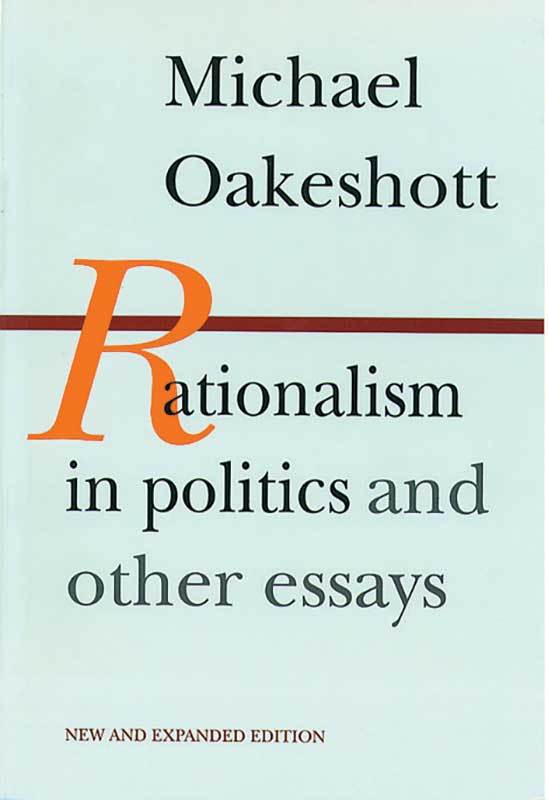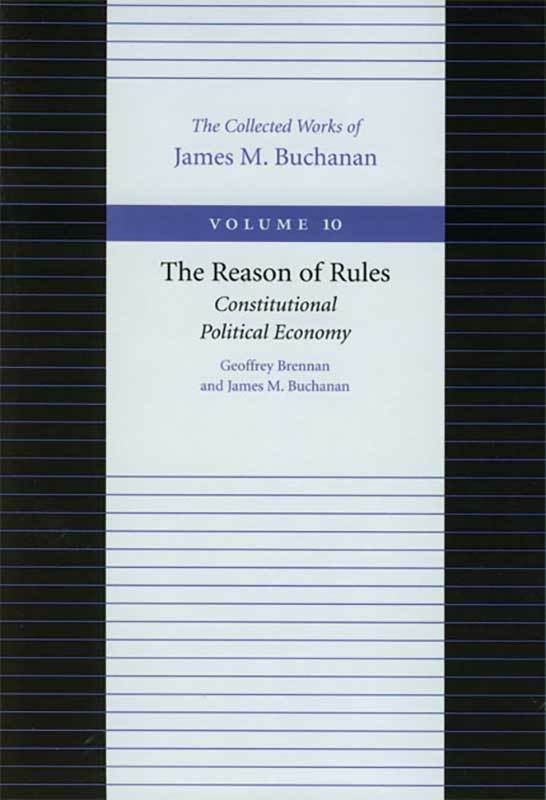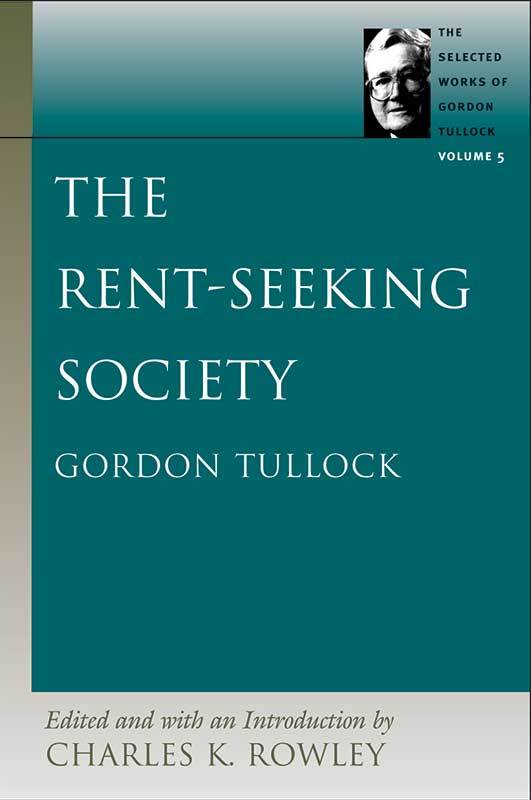For Educators
-
The Principles of Natural and Politic Law
by Jean-Jacques Burlamaqui
/ Learn MoreBorn in 1694, Jean-Jacques Burlamaqui helped transform the modern tradition of natural law and convey it to new generations. Jean-Jacques Burlamaqui (1694–1748) was a Swiss jurist. Petter Korkman is a Fellow at the Helsinki Collegium for Advanced Studies and is a Postdoctoral Researcher in Philosophy at the Academy of Finland.
-
Principles of Politics Applicable to All Governments
by Benjamin Constant
/ Learn MoreIn Principles of Politics, first published in 1815, Constant explores the subjects of law, sovereignty, and representation; power and accountability; government, property, and taxation; wealth and poverty; war, peace, and the maintenance of public order; and freedom, of the individual, of the press, and of religion. Benjamin Constant (1767–1830), born in Switzerland, became one of France’s leading writers, as well…
-
Public Finance in Democratic Process
by James M. Buchanan
/ Learn MorePublic Finance in Democratic Process is James M. Buchanan’s monumental work that outlines the dynamics of individual choice as it is displayed in the process of public finance. Buchanan is perhaps nowhere more clearly a disciple of the great Swedish economist Knut Wicksell than he is in the underlying principles of this seminal work. Specifically, he elaborates on these three…
-
Public Principles of Public Debt
by James M. Buchanan
/ Learn MorePublic Principles of Public Debt is one of James M. Buchanan’s most important and influential books. The radical idea he conceived was that our reliance on public debt has amassed a sort of orthodoxy that is commonly—and needlessly—assumed by taxpayers, by politicians, and by economists themselves. Buchanan dismisses the nearly universal belief (which continues to this day) that the burden…
-
The Pure Theory of Politics
by Bertrand de Jouvenel
/ Learn MoreThis is the final volume in Jouvenel’s magnum opus, the trilogy that begins with On Power, moves to Sovereignty, and concludes with The Pure Theory of Politics. In this volume, Bertrand de Jouvenel proposes to remedy a serious deficiency in political science: “the lack of agreement on first principles, or ‘elements.’” The author’s concern is with political processes as they…
-
Rational Man
by Henry Babcock Veatch
/ Learn MoreForty years after its original publication, Liberty Fund brings back to print Henry Veatch’s path-breaking popular presentation of virtue ethics. This modern interpretation of Aristotelian ethics is a natural for undergraduate philosophy courses. It is also an engaging work for the expert and the beginner alike, offering a middle ground between existential and analytic ethics. Veatch argues for the existence…
-
The Rationale of Central Banking
by Vera C. Smith
/ Learn MoreThe Rationale of Central Banking was first published in England in 1936. Vera Smith spent her professional career in a variety of research positions. She wrote articles and books on money, banking, economic development, and the labor market and translated into English books by Wilhelm Röpke, Oskar Morgenstern, and Fritz Machlup. This book provides a scholarly review and judicious assessments…
-
Rationalism in Politics and Other Essays
by Michael Oakeshott
/ Learn MoreRationalism in Politics established the late Michael Oakeshott as the leading conservative political theorist in modern Britain. This expanded collection of essays astutely points out the limits of “reason” in rationalist politics and criticizes ideological schemes to reform society according to supposedly “scientific” or rationalistic principles that ignore the wealth and variety of human experience. Timothy Fuller is Professor of…
-
The Reason of Rules
by Geoffrey Brennan and James M. Buchanan
/ Learn MoreIn his foreword, Robert D. Tollison identifies the main objective of Geoffrey Brennan and James M. Buchanan’s The Reason of Rules: “. . . a book-length attempt to focus the energies of economists and other social analysts on the nature and function of the rules under which ordinary political life and market life function.” In persuasive style, Brennan and Buchanan…
-
Select Works of Edmund Burke: Reflections on the Revolution in France
by Edmund Burke
/ Learn MoreOriginally published by Oxford University Press in the 1890s, the famed three-volume Payne edition of Select Works is universally revered by students of English history and political thought. Faithfully reproduced in each volume are E. J. Payne’s notes and introductory essays. Francis Canavan, one of the great Burke scholars of the twentieth century, has added forewords. Volume 2 consists of…
-
The Rent-Seeking Society
by Gordon Tullock
/ Learn MoreThe fifth volume in The Selected Works of Gordon Tullock consists of six parts, each part expounding on a separate component of the field. Part 1, “Rent Seeking: An Overview,” brings together two papers that focus on problems of defining rent-seeking behavior and outline the nature of the ongoing research program in a historical perspective. Part 2, “More on Efficient…
-
The Revolutionary Writings of Alexander Hamilton
by Alexander Hamilton
/ Learn MoreAlexander Hamilton, trusted military aide and secretary to General George Washington, wrote to persuade. He had the ability to clarify the complex issues of his time without oversimplifying them. From the basic core values established in his earlier writings to the more assertive vision of government in his mature work, we see how Hamilton’s thought responded to the emerging nation…
35% OFF YOUR ENTIRE BOOK PURCHASE
With promo code:
SUMMER2025
Expires July 31, 2025

